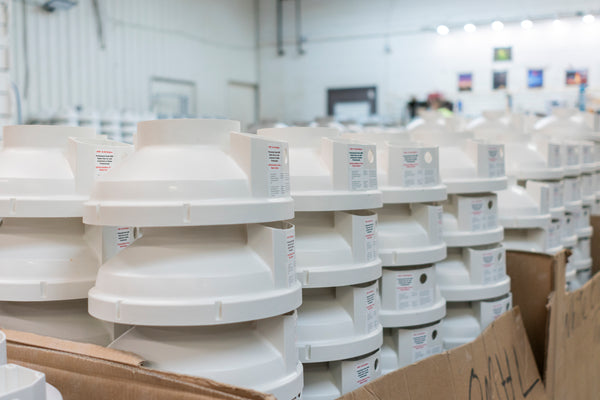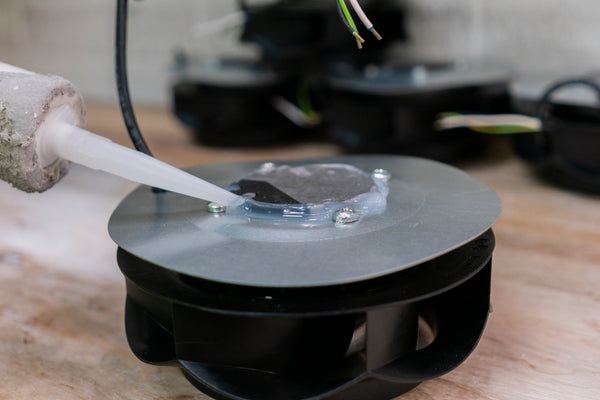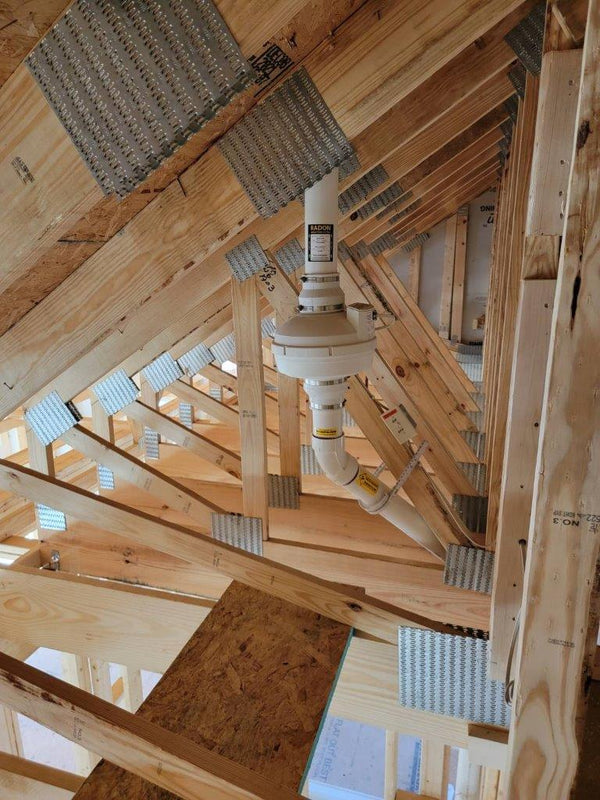
EC vs. AC Radon Fan Motors: What Are the Differences?
When it comes to radon mitigation systems, choosing the right radon fan is crucial for ensuring the overall safety of your indoor air. However, there’s a wide selection of fans to choose from, which is why many homeowners struggle to compare EC versus AC radon fan motors. You may wonder what the differences are between the two fan types, and which one you should add to your mitigation system.
While both motor types serve the same purpose, they operate differently and offer unique benefits. We’ll break down the distinctions to help you decide which type of radon fan motor meets your needs.
Internal Components and Operation
At the heart of an AC motor is a simple design constructed with a single-phase or three-phase power supply. The mechanics are straightforward—electricity flows through coils, creating an electromagnetic field that turns the rotor. While this technology is very reliable and has existed for more than 100 years, it lacks advanced precision.
EC fan motors have a more modern construction. Electronically commutated (EC) motors combine the efficiency of brushless direct current (DC) operation with smart electronic controls. Instead of using a rotating magnetic field to turn the rotor, EC motors use permanent magnets and a built-in electronic control system. This advanced design allows them to adapt to variable settings, improving their versatility in radon mitigation systems.
Energy Efficiency
Energy efficiency is where EC motors shine. Their design minimizes energy loss by allowing precise control over the motor's operation. Rather than continually running at maximum power, EC motors can adjust their speed based on system demands. This ability to fine-tune performance results in significantly reduced electricity consumption over time.
AC motors, however, operate at a consistent speed. This means AC motors often consume more energy because they use full power even when it’s not necessary. For energy-conscious homeowners who want to reduce their bills and environmental footprint, EC motors are a clear winner.
Performance and Airflow
AC motors provide a steady and continuous speed, which ensures reliable performance. However, this consistency can be a drawback under fluctuating environmental conditions, such as seasonal weather changes or varying humidity levels.
EC radon fan motors take a more flexible approach. Thanks to variable speed control, they can adjust airflow as conditions demand, maintaining performance consistency even during environmental changes. For example, an EC motor might increase airflow slightly during humid conditions or in cooler months when homes are closed up.

Noise Levels
Homeowners often rank noise levels as a top concern for radon mitigation systems. While AC motors are functional, their constant speed tends to generate more noise compared to their EC counterparts. The additional hum could be especially noticeable in quiet residential areas.
EC motors are inherently quieter due to their advanced internal design and variable speed functionality. These qualities allow the motor to operate with minimal noise levels without sacrificing performance. If peace and quiet are essential, EC motors are likely to provide a more satisfying experience.
Durability and Lifespan
When it comes to durability, AC motors do a respectable job. However, they are more prone to wear and tear because their constant operating speed can degrade mechanical components over time. Additionally, the heat generated by constant operation can accelerate the wear of internal parts, reducing their lifespan.
EC motors use advanced components, which contribute to their longer lifespan. Plus, their energy-efficient operation generates less heat, further improving durability. For homeowners seeking reliability for the long haul, EC motors provide clear advantages.
Price Point
AC motors are more affordable upfront, which might appeal to homeowners on a tighter budget. However, it’s important to take long-term costs into account.
Due to their energy efficiency, EC motors can reduce utility bills over time, which can make up for their initially higher price tag. Additionally, their extended lifespan means you won’t need to pay for as many replacements, which saves money in the long run.
While the higher upfront cost of EC motors may seem like a drawback, the long-term financial benefits make them a worthy investment.
Installation and System Compatibility
Installing AC motors is straightforward for most standard radon mitigation systems. They are compatible with common setups and often require minimal adjustments during installation.
EC motors are equally compatible with various radon systems; however, their advanced electronic controls might require a bit more expertise during installation. That said, modern EC motors, such as those available from Festa, are designed to integrate seamlessly into both new and existing mitigation systems. Homeowners may even choose to enhance their system with accessories like an exterior radon fan cover kit to further improve its performance and weather resilience.
Maintenance Requirements
AC motor maintenance is fairly standard, but their mechanical components may need more frequent servicing or replacements to maintain functionality over time. Regular maintenance might involve cleaning or replacing worn-out parts.
The advanced design of EC radon fan motors minimizes the need for regular servicing, making them more convenient for homeowners who prefer low-maintenance systems. The reduced frequency of repair and servicing requirements further positions EC motors as the simpler option in the long term.

Environmental Impact
Sustainability-conscious homeowners will appreciate the smaller carbon footprint of EC motors. Due to their energy efficiency, EC radon fan motors can reduce energy consumption, which in turn lowers overall greenhouse gas emissions.
AC motors, while effective, can consume more power, resulting in a larger environmental impact. Choosing EC motors aligns with the growing trend toward eco-conscious living and responsible resource use.
Reliability in Extreme Conditions
Weather and environmental conditions can vary widely depending on the region. AC radon fan motors operate consistently but may struggle to maintain optimal performance during extreme conditions, such as extreme cold or high humidity.
EC motors are built to handle varying conditions more effectively. Their dynamic adjustment capabilities ensure that performance remains reliable even during environmental fluctuations. Whether dealing with the winter chill or humid summer air, EC motors offer peace of mind for homeowners concerned about system reliability.
Warranty, Support, and Availability
Warranty and customer support are important considerations when selecting a radon fan. AC radon fans come with reliable warranties and customer service support, but they don’t offer the extended coverage that EC fan motors do.
EC radon fan motors, such as those offered by Festa, frequently include longer warranties of up to seven years of coverage. Superior warranty terms and customer support services enhance the overall value of EC motors, providing reassurance to homeowners.
Both EC and AC motors are widely available, ensuring homeowners have ample options when choosing a radon fan. Festa carries a robust selection of both motor types, making it easier than ever to find a model that meets specific performance needs.
Selecting a Radon Fan for Your Home
When comparing EC versus AC radon fan motors, you’ll see that they each have their strengths, but knowing what sets them apart helps you choose the right one for your mitigation system.
Radon fans with AC motors remain a reliable and cost-effective choice for standard use. EC radon fan motors offer energy efficiency, quiet operation, and minimal maintenance needs for modern homeowners who value long-term savings and environmental responsibility. If you’re unsure which fan is right for your home, contact Festa Radon today.





